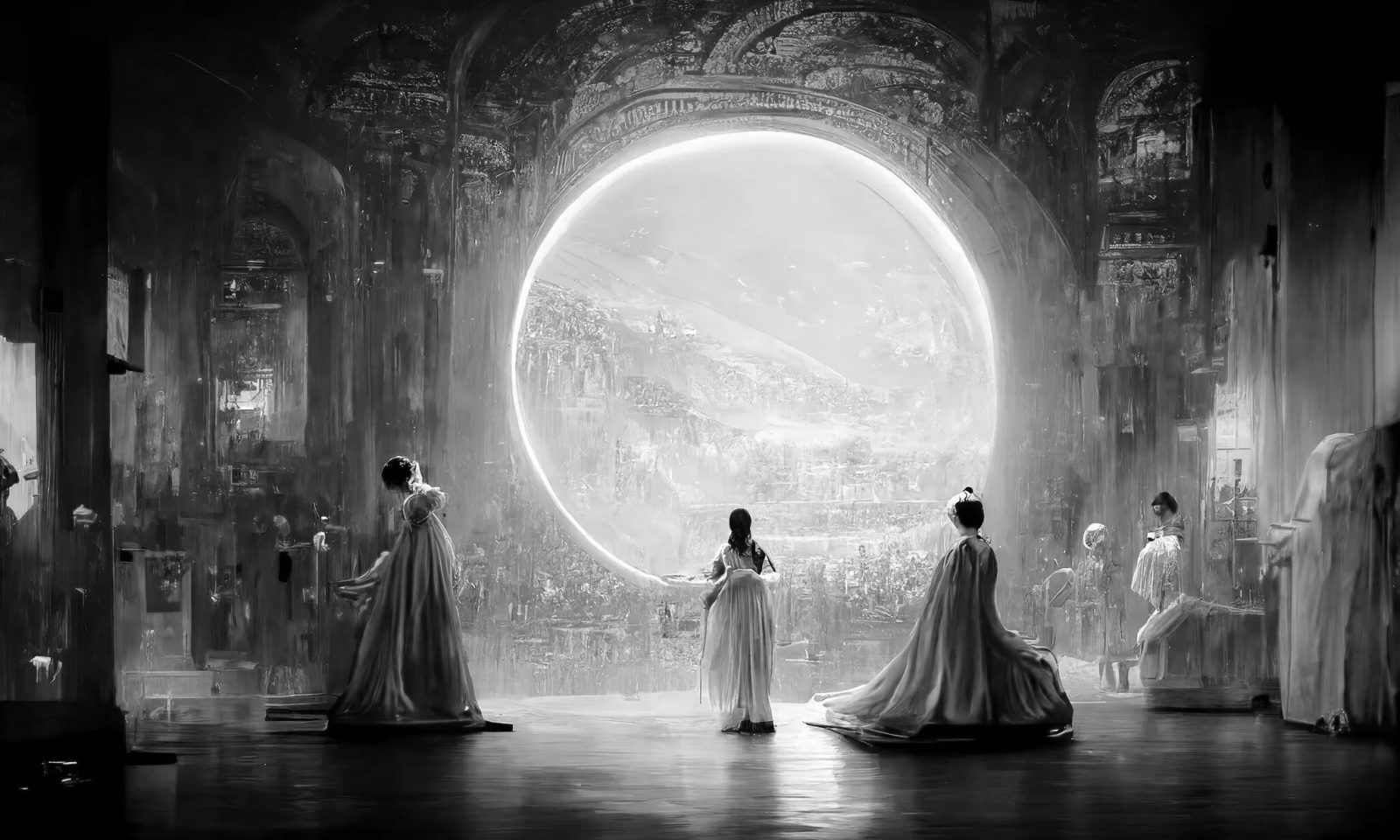Can Artificial Intelligence be granted Autorship?
The U.S. Copyright Office has once again denied the registration of an artwork created by artificial intelligence. Artist Jason M. Allen was unsuccessful in his second attempt to register the artwork “Theatre D’opera Spatial” as a copyrighted work because it contains more than a de minimis amount of content generated by artificial intelligence (AI).
The decision raises fundamental questions about copyright law, such as the definition of the author and the characteristics of the creative process leading to the creation of a work that enjoys copyright protection. The Office explained that the artwork, created using the Midjourney Image program and regardless of the fact that the applicant’s input amounted to more than 600 commands (known as “prompts”), is not the result of human creativity. However, the Office did not rule out the possibility of recognizing copyright rights to an individual creator of such a result – the applicant would thus have to limit his claim to those elements of the work that reflect the human creative process and not those parts generated and performed by AI.
Clearly, this decision will significantly influence the understanding of the necessary (creative) role of a human in the creation of AI-generated work. These requirements differ across legal systems and are more precisely described in the contribution by Maja Bogataj Jančič in the monograph “Pravo in umetna inteligenca: vprašanje etike, človekovih pravic in družbene škode”, published in 2021 by the Institute for Criminology at the Faculty of Law in Ljubljana.
On Thursday, July 4, 2024, TV SLO 1 aired a new show Conversations about the Future with the subtitle Alternative Futures, in which three guests reflected on the dilemmas and opportunities of an increasingly digitized society. In addition to Dr. Maja Bogataj Jančič from ODIPI, were also anthropologists Dr. Dan Podjed from ZRC SAZU and computer engineer Dr. Blaž Zupan from the Faculty of Computer Science and Informatics UL.
In the first week of July 2024, the Summer Course on International Copyright Law and Policy took place in Amsterdam, which was also attended by the young researcher Laura Pipan from ODIPI.
On Friday, June 14, 2024, the second day of the Global Conference on AI and Human Rights took place at the Faculty of Law of the University of Ljubljana. Dr. Maja Bogataj Jančič gave a lecture as part of the 14th panel entitled AI and Intellectual Property: Revolution or Robbery?
Non-profit organisation Electronic Information for Libraries (EIFL) launched a new guide on rights retention and secondary publishing rights to raise awareness, support researchers and authors in EIFL partner countries and improve the achievement of open access to research.





